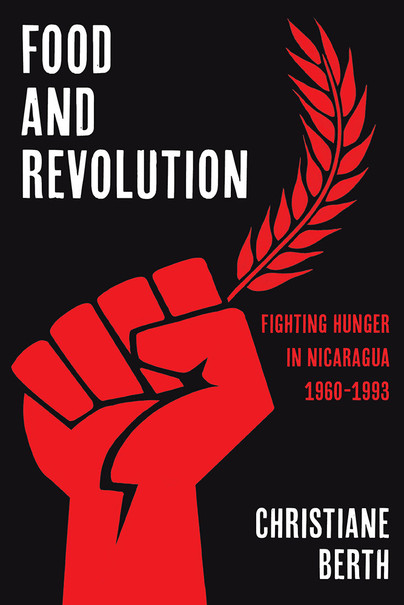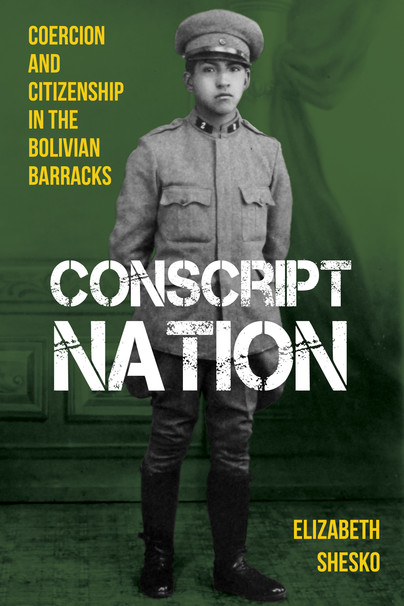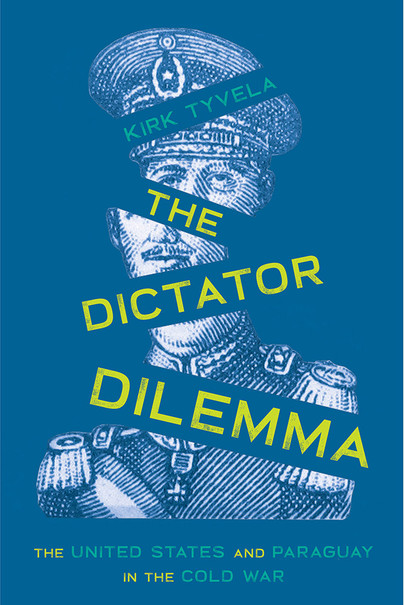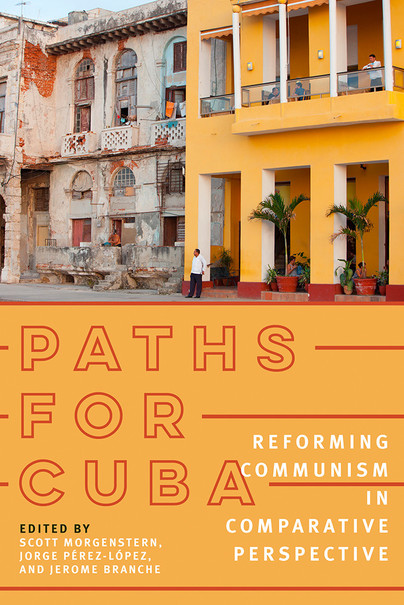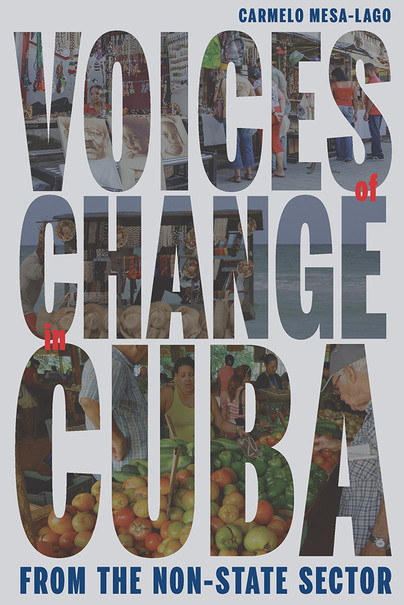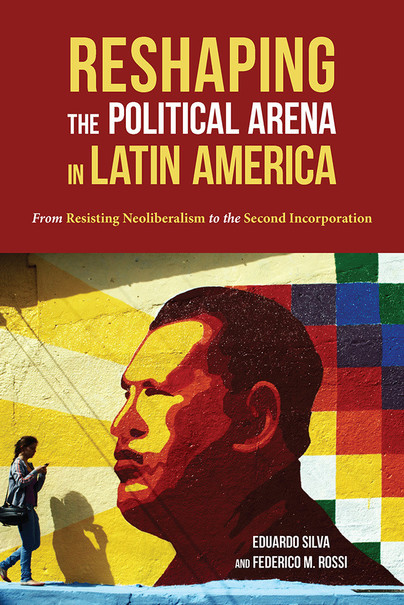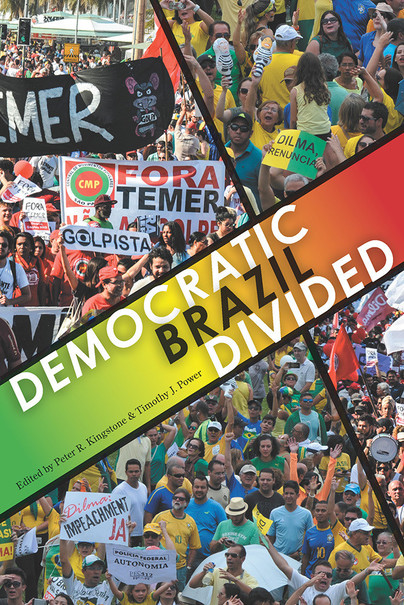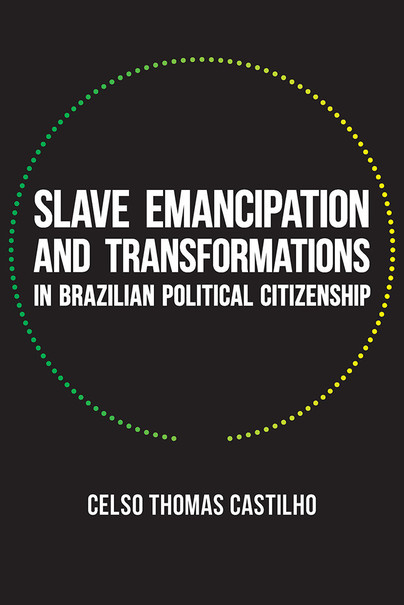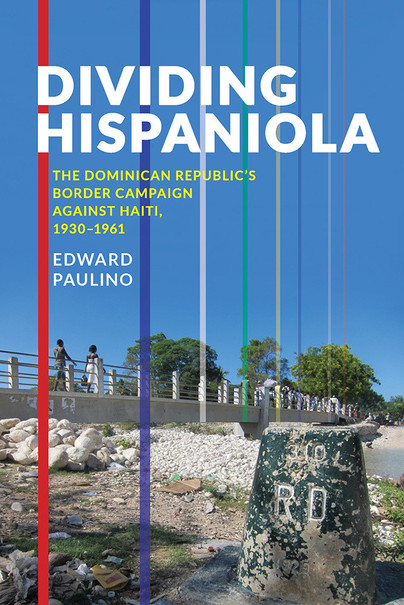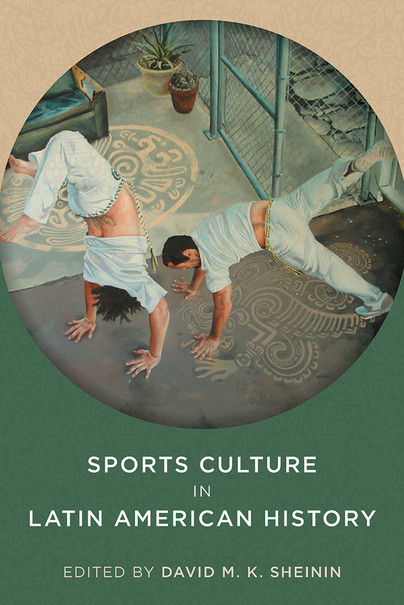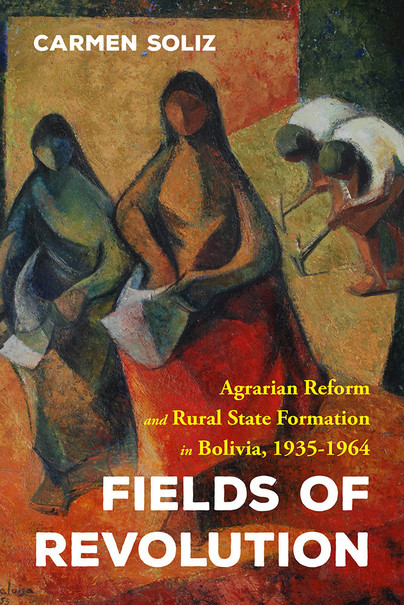
Format: Hardback
Pages: 280
ISBN: 9780822946656
Pub Date: 05 Aug 2021
Imprint: University of Pittsburgh Press
Series: Pitt Latin American Series
Illustrations: 1 map, 13 figures, 25 tables, b&w
Description:
Fields of Revolution examines the second largest case of peasant land redistribution in Latin America and agrarian reform - arguably the most important policy to arise out of Bolivia’s 1952 revolution. Competing understandings of agrarian reform shaped ideas of property, productivity, welfare, and justice. Peasants embraced the nationalist slogan of “land for those who work it” and rehabilitated national union structures.

